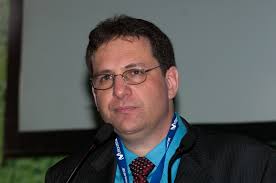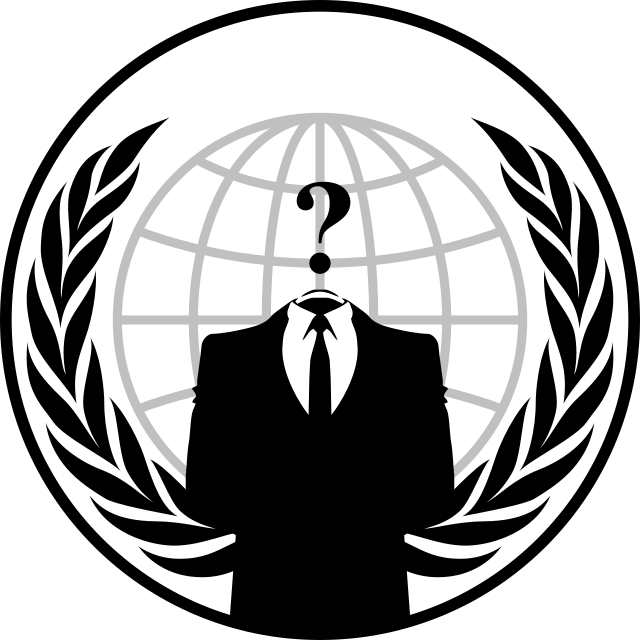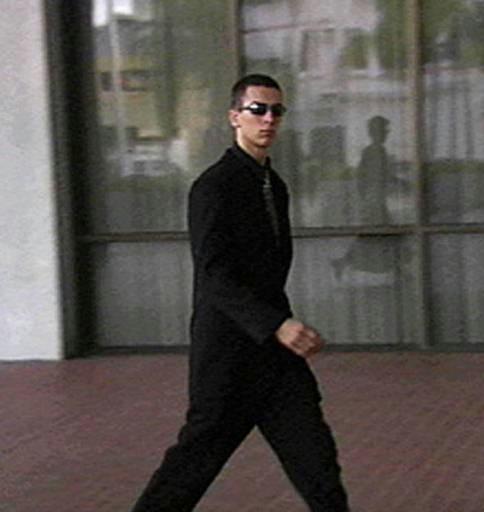Computer hacking has been a part of the digital landscape since the advent of computers. From breaking into government systems to revealing vulnerabilities in widely used software, hackers have made their mark on the world in numerous ways. Some hackers are ethical, working as security consultants or “white hats,” while others operate in the shadows, breaking into systems for personal gain or to disrupt services. In this article, we’ll take a closer look at some of the most notorious and influential computer hackers in the world.
1. Kevin Mitnick: The Master of Social Engineering

Country: United States
Famous Hack: Hacking into government and corporate systems (1980s-1990s)
Kevin Mitnick is arguably the most famous hacker in the world. His hacking career began in the 1980s, where he gained access to corporate and government systems using social engineering, a technique that manipulates people into divulging confidential information. Mitnick successfully hacked into systems belonging to companies such as IBM, Nokia, and Motorola, and he even breached the North American Defense Command (NORAD), which later inspired the 1983 movie WarGames.
Mitnick’s methods were sophisticated, blending social engineering with technical exploits. He was arrested several times, and after a massive FBI manhunt in the mid-1990s, he was caught and spent five years in prison. Today, Mitnick works as a security consultant, helping companies defend against the very tactics he once used.
Impact: Mitnick’s exploits highlighted the dangers of social engineering and its ability to compromise even the most secure systems. His story has become a cautionary tale about the importance of cybersecurity and human vulnerabilities.
2. Adrian Lamo: The “Homeless Hacker”

Country: United States
Famous Hack: Hacking into The New York Times, Microsoft, and Yahoo (2000s)
Adrian Lamo, known as the “Homeless Hacker,” earned his nickname by conducting his hacking activities from internet cafés, libraries, and other public locations. Lamo rose to fame in the early 2000s when he hacked into the networks of high-profile organizations like The New York Times, Microsoft, and Yahoo.
His hack of The New York Times involved accessing their intranet and adding himself to the list of experts in their database. Despite his notoriety, Lamo later became controversial when he reported Chelsea Manning (formerly known as Bradley Manning) to the authorities after she leaked classified government documents to WikiLeaks.
Impact: Lamo’s story is a complex one, balancing between ethical hacking and whistleblowing. His decision to turn in Manning earned him as much criticism as admiration, and his actions continue to stir debates on the ethics of hacking.
3. Gary McKinnon: The NASA Hacker

Country: United Kingdom
Famous Hack: Hacking NASA and U.S. military systems (2001)
Gary McKinnon is famous for executing what has been described as “the biggest military computer hack of all time.” In 2001, McKinnon, a British hacker, infiltrated NASA and U.S. military systems, searching for evidence of UFOs. His hacking spree lasted over a year and resulted in significant disruptions, including the shutdown of critical military networks.
McKinnon claimed he was searching for hidden information about extraterrestrial life, but the U.S. government accused him of causing over $700,000 in damages. The U.S. sought his extradition for nearly a decade, but in 2012, the British government blocked his extradition on human rights grounds, citing McKinnon’s diagnosis of Asperger’s syndrome.
Impact: McKinnon’s case became a focal point of international legal debates about cybercrime and extradition. His story is a reminder of how an individual hacker can cause major disruptions to national security.
4. Albert Gonzalez: Mastermind of the Biggest Credit Card Theft

Country: United States
Famous Hack: Leading a hacking group that stole over 170 million credit card details (2005-2007)
Albert Gonzalez is best known for orchestrating one of the largest thefts of credit card data in history. Between 2005 and 2007, Gonzalez and his team hacked into major retail chains, including TJX Companies, Heartland Payment Systems, and Dave & Buster’s, stealing over 170 million credit card numbers. They used techniques such as SQL injection to penetrate company databases and steal the information.
Gonzalez lived a lavish lifestyle, spending millions of dollars on luxury items while running his criminal operations. He was eventually arrested and sentenced to 20 years in prison for his crimes.
Impact: Gonzalez’s actions exposed the vulnerabilities in payment processing systems and the ease with which hackers could exploit them. His case prompted major reforms in the way companies handle and protect customer data.
5. Anonymous Collective: Hacktivism and Global Cyber Protests

Country: International
Famous Hack: Various DDoS attacks and cyber protests (2000s-present)
Anonymous is not a single hacker, but rather a decentralized collective of hackers and activists from around the world. The group is known for its hacktivism—hacking for political and social causes. Anonymous has targeted a wide range of institutions, including government agencies, corporations, and even ISIS.
Some of their most famous operations include Operation Payback, where they conducted DDoS attacks against companies that opposed WikiLeaks, and Operation Tunisia, where they supported the Tunisian revolution by disrupting government websites. They’ve also hacked into the accounts of known white supremacist groups, exposing their members.
Impact: Anonymous has been at the forefront of using hacking as a form of protest, highlighting issues such as government transparency, corporate greed, and social justice. Their activities have had a significant influence on modern cyberactivism and how digital tools can be used for political expression.
6. Jonathan James (c0mrade): The First Juvenile Sent to Prison for Hacking

Country: United States
Famous Hack: Hacking NASA and the Department of Defense (1999)
Jonathan James, also known by his hacker alias c0mrade, made history as the first juvenile to be sentenced to prison for hacking. At the age of 15, James hacked into the Department of Defense and NASA systems. His attack on NASA resulted in the theft of software worth approximately $1.7 million, which he used to learn about the International Space Station’s environment.
James was caught and sentenced to six months in juvenile detention. He later tragically took his own life in 2008, believing that authorities were trying to implicate him in a larger hacking conspiracy known as the TJX hack, which was led by Albert Gonzalez.
Impact: James’ story became an early example of how young, talented individuals could use their skills for hacking. His life also underscored the psychological pressures that can come with being involved in high-profile cybercrimes.
7. Julian Assange: Founder of WikiLeaks

Country: Australia
Famous Hack: Founding WikiLeaks and publishing classified government documents (2006-present)
While Julian Assange is most famous for founding WikiLeaks, he began his career as a hacker under the name Mendax. In the late 1980s and early 1990s, Assange and a group of fellow hackers broke into networks belonging to Nortel, NASA, and the U.S. Department of Defense.
In 2006, Assange founded WikiLeaks, a platform for whistleblowers to publish classified documents anonymously. The site gained global notoriety in 2010 when it released a trove of U.S. military documents provided by Chelsea Manning, detailing controversial actions taken by the U.S. government during the Iraq and Afghanistan wars.
Impact: Assange’s work with WikiLeaks has had a profound effect on global politics, journalism, and transparency. His case raises critical debates about the ethics of hacking, freedom of speech, and government accountability.
8. Guccifer 2.0: The Alleged Russian Hacker Behind the DNC Breach

Country: Allegedly Russia
Famous Hack: Hacking the Democratic National Committee (2016)
Guccifer 2.0 is the alias of a hacker or group of hackers believed to be tied to Russian intelligence services. In 2016, Guccifer 2.0 claimed responsibility for hacking the Democratic National Committee (DNC), leaking thousands of emails and documents that played a significant role in the U.S. presidential election.
The leaks contained sensitive information, including strategies, internal communications, and damaging revelations about key political figures. U.S. intelligence agencies later concluded that the hack was part of a broader Russian effort to interfere in the 2016 election, although Guccifer 2.0 denied any connection to the Russian government.
Impact: Guccifer 2.0’s actions have had far-reaching implications for both the U.S. and global politics, as it highlighted the power of hacking in shaping public opinion and election outcomes.
The world of computer hacking is as varied as it is complex, with hackers ranging from ethical security professionals to cybercriminals causing massive disruptions. The individuals and groups highlighted in this article have demonstrated the enormous impact that hacking can have on governments, corporations, and even global politics. Whether through acts of protest, crime, or curiosity, these hackers have left an indelible mark on the world.




